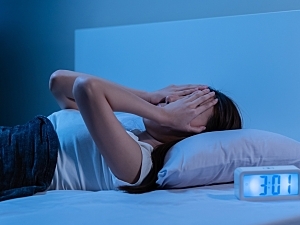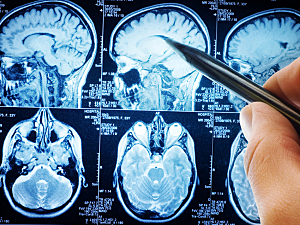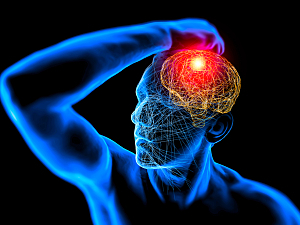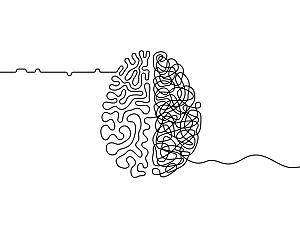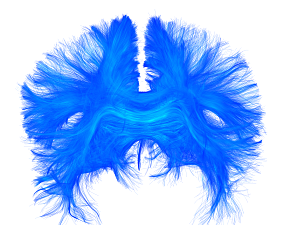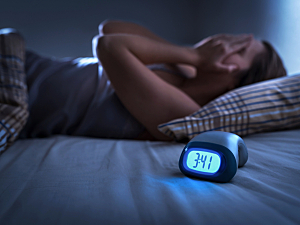Review: Mental Health Over the Menopause Transition

Hadine Joffe, MD, of Brigham and Women’s Hospital, and colleagues recently undertook a rigorous scientific review of whether the menopause is associated with anxiety, schizophrenic psychosis, suicidality and other mental health disorders, as has been claimed.
Read More...